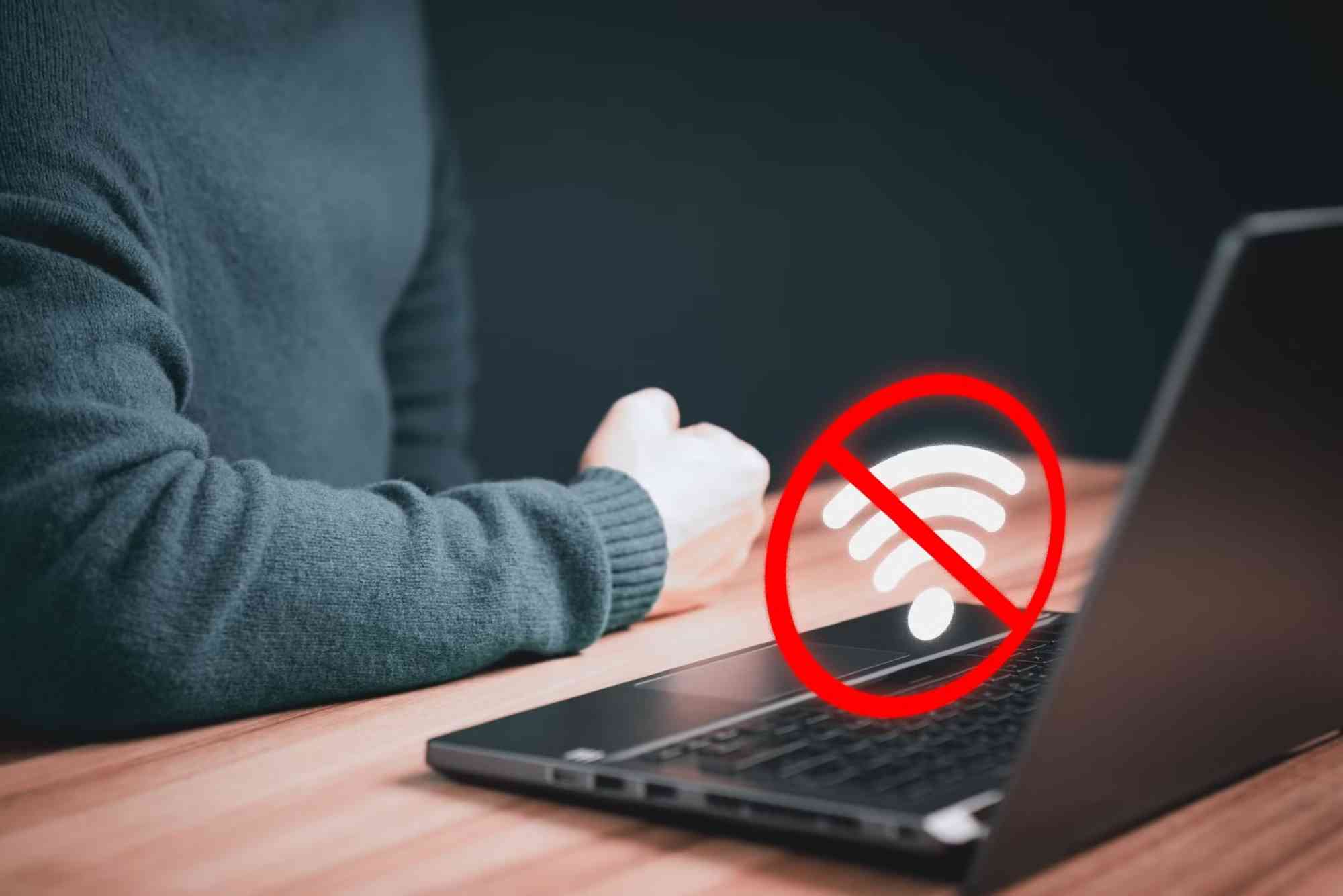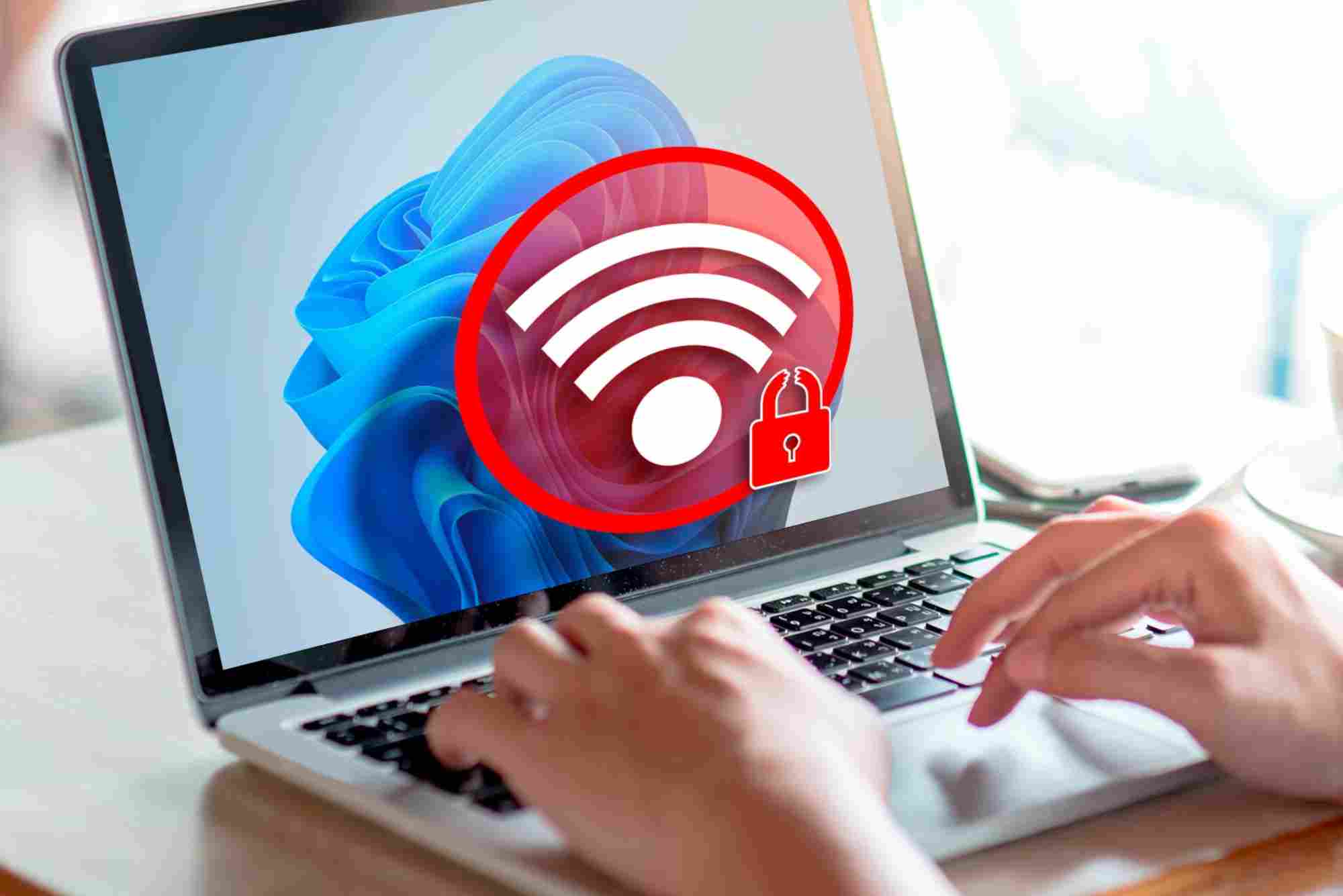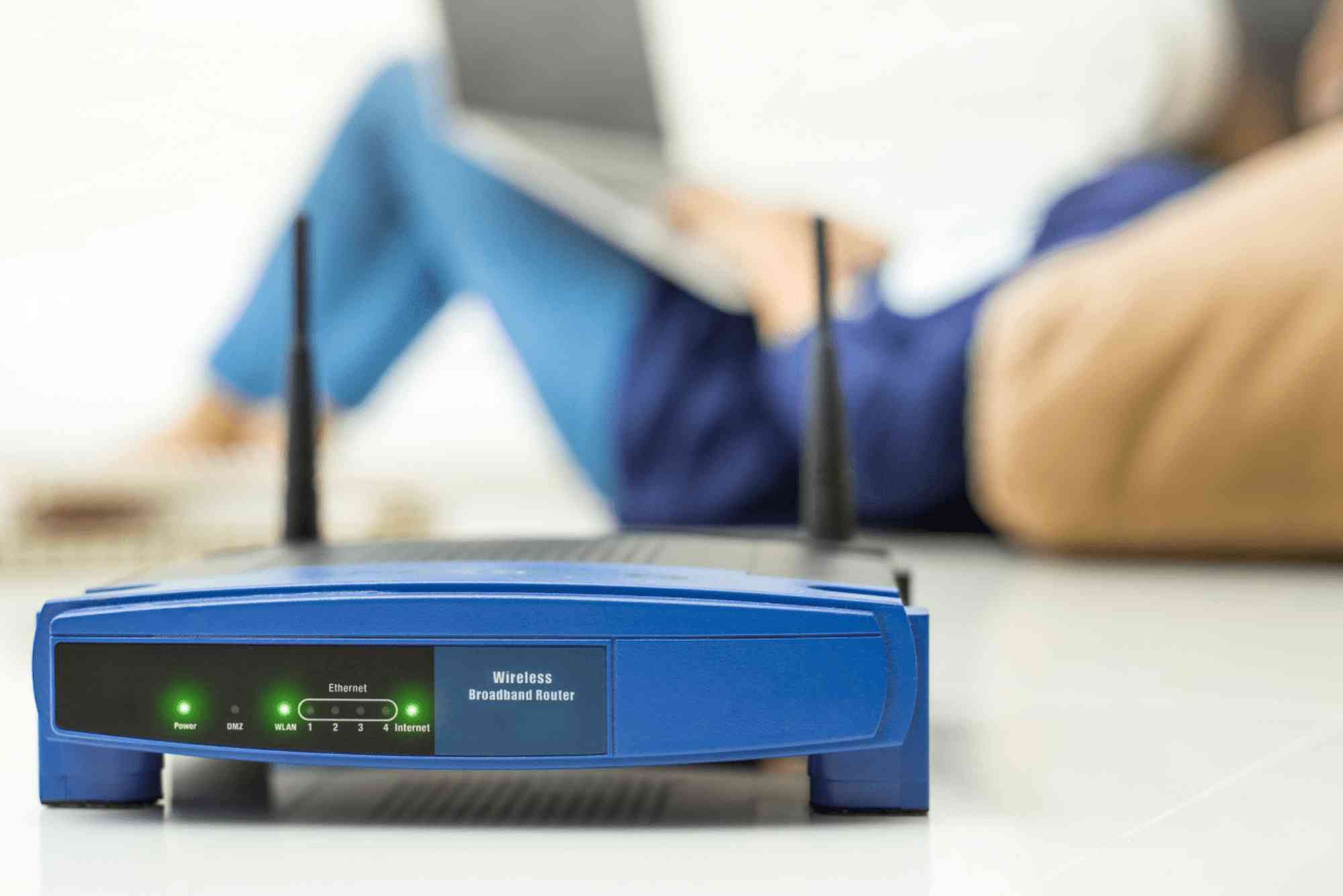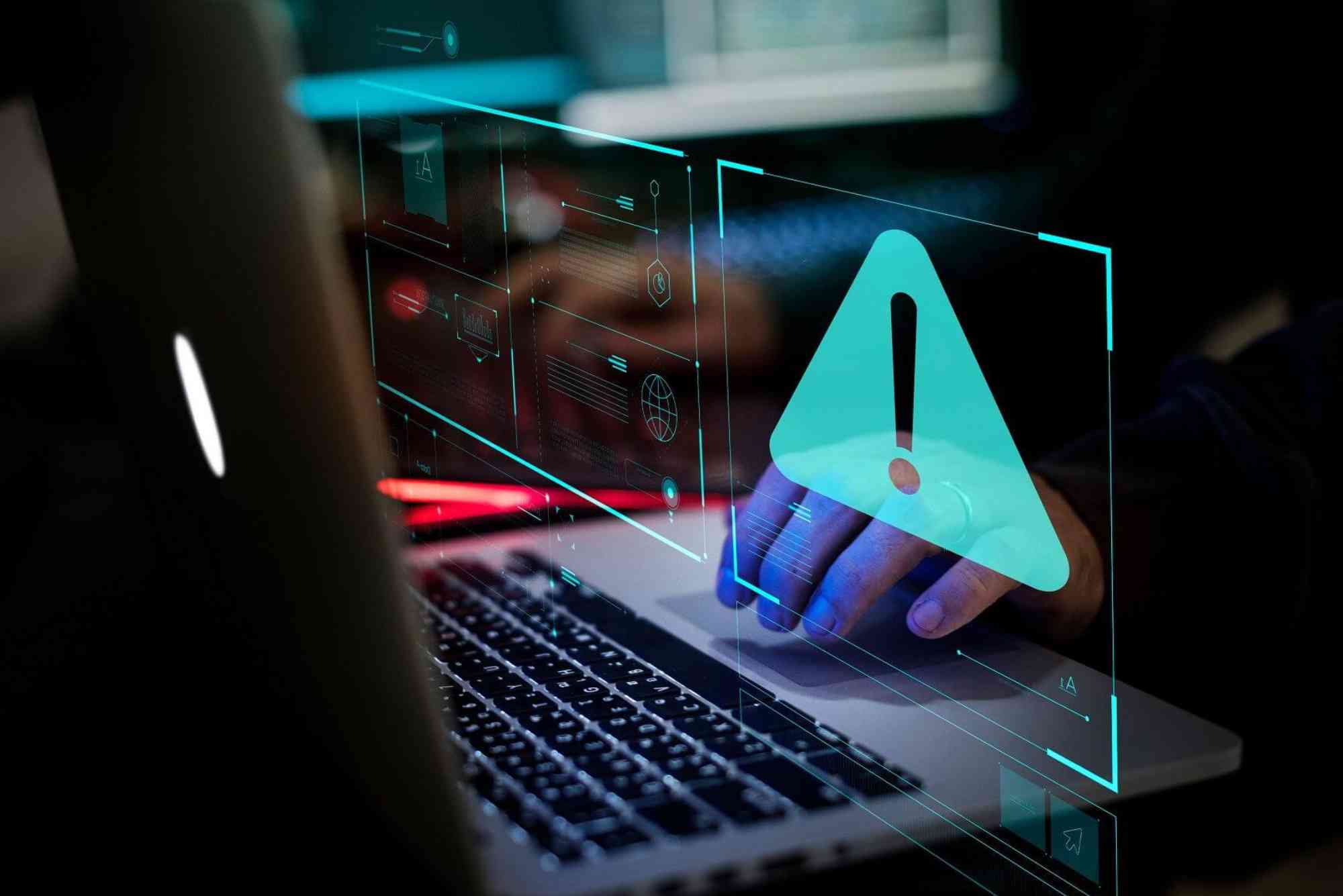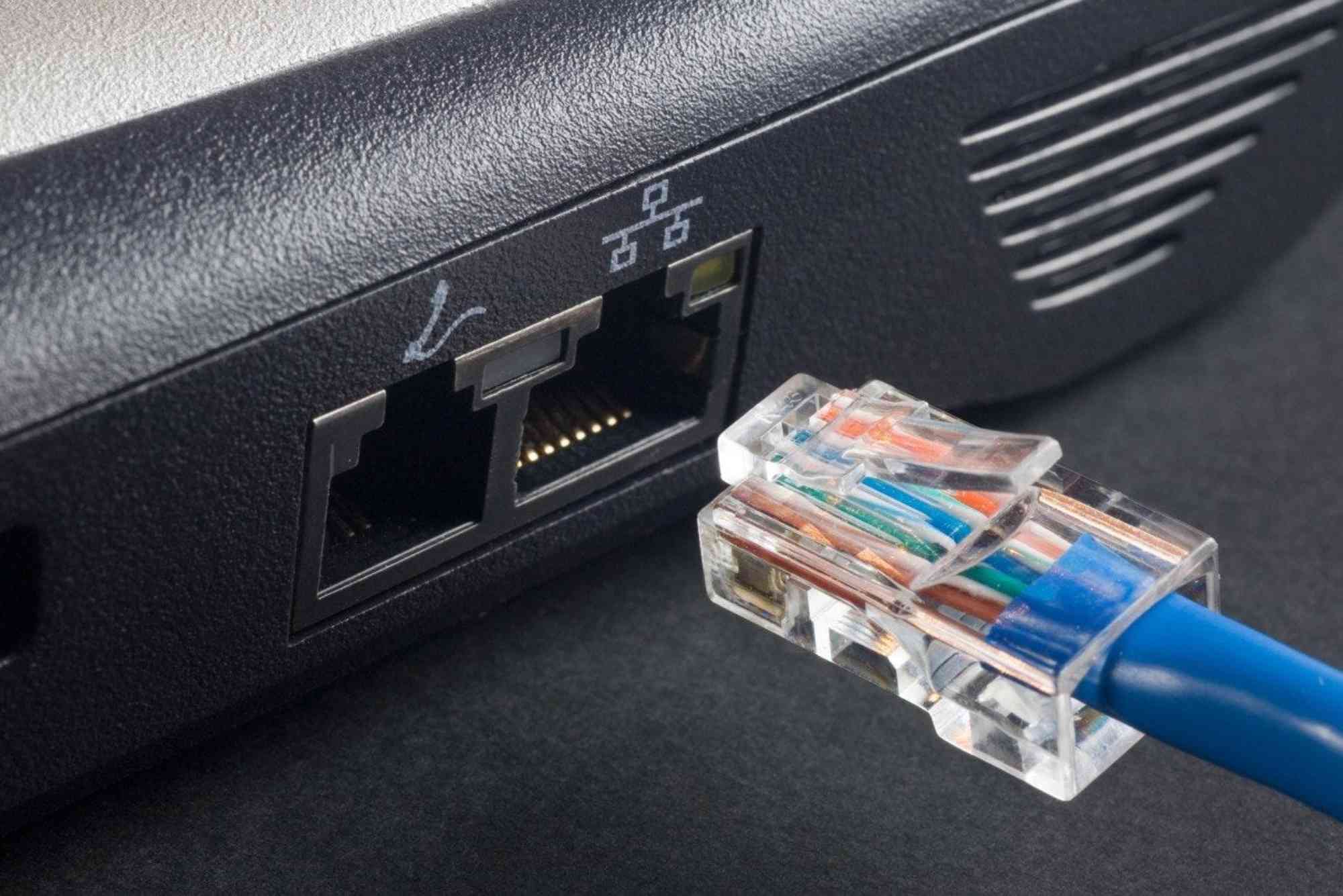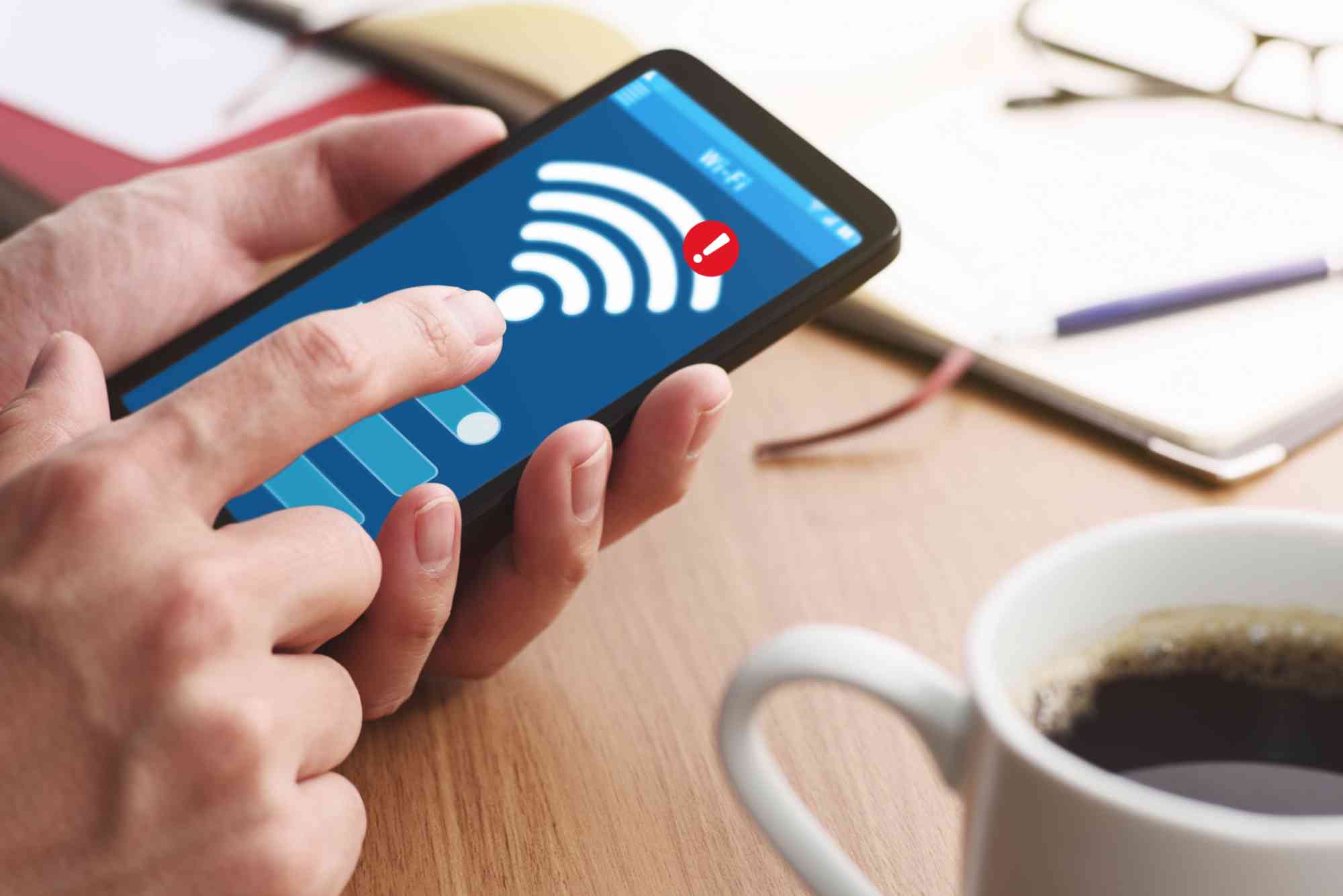Top VPNs Recommended for Privacy-Conscious Users
In today’s digital age, privacy has become one of the most valuable assets. With constant online tracking, data breaches, and cyber threats, protecting personal information is more important than ever. For those who value anonymity and security, finding the best VPNs for privacy-conscious users is essential. Virtual Private Networks (VPNs) not only encrypt your internet connection but also allow you to surf the web without leaving traces that advertisers or hackers can exploit. Choosing the right VPN, however, is not always straightforward. With hundreds of services available, knowing which one truly safeguards your data can be challenging.
Why Privacy Matters More Than Ever
Privacy online is under constant threat. Governments may impose surveillance, companies harvest browsing data for profit, and cybercriminals attempt to exploit vulnerabilities. Every time you connect to a public Wi-Fi network, your information is exposed to potential risks. Social media platforms and search engines also contribute to digital profiling, where your activity is tracked to deliver targeted ads. For privacy-conscious users, this environment raises serious concerns. A VPN serves as a shield against these intrusions by encrypting internet traffic, masking your IP address, and preventing unauthorized third parties from spying on your activities. It ensures that whether you are working remotely, streaming, or browsing sensitive websites, your digital footprint remains hidden.
Key Features That Define the Best VPNs for Privacy-Conscious Users
When choosing a VPN, privacy-conscious individuals must look beyond marketing claims and focus on essential features. One critical element is a strict no-logs policy. This means the VPN provider does not store records of your browsing activity, connection times, or IP addresses. Another vital factor is strong encryption protocols. The best VPNs use AES-256 encryption, which is nearly impossible to crack. Additionally, privacy-focused VPNs offer advanced features such as a kill switch, which disconnects your internet if the VPN connection drops, ensuring your IP is never exposed. Independent security audits also boost trust, proving the provider adheres to its privacy promises. Multi-platform support, DNS leak protection, and compatibility with tools like Tor are other aspects that elevate a VPN into the top category for privacy.
Leading VPNs That Deliver on Privacy
For users who prioritize online safety, a handful of VPNs stand out as reliable. These providers consistently invest in advanced security technology, undergo third-party audits, and have proven track records of protecting user data. Many of them operate under jurisdictions with favorable privacy laws, such as Panama or the British Virgin Islands, ensuring they are not obligated to comply with invasive data retention regulations. The best VPNs for privacy-conscious users also provide additional features like split tunneling, double VPN encryption, and obfuscation technology, which conceals VPN usage even in countries with strict internet censorship. By combining technical strength with transparency, these services give users confidence that their information is safe.
Factors to Consider When Choosing a Privacy-Focused VPN
Selecting the right VPN goes beyond looking at brand reputation. Privacy-conscious users should evaluate several criteria. First, examine the provider’s logging policy in detail. Does it explicitly state zero activity or connection logs? Second, consider the jurisdiction. VPNs based in privacy-friendly countries are less likely to be compelled to share data with government agencies. Third, assess the VPN’s speed and reliability. Strong encryption should not come at the cost of slow connections. Another factor is transparency—reputable VPNs publish regular audit reports, making their claims verifiable. Finally, ensure that the VPN provides user-friendly apps for all major devices, including desktops, smartphones, and routers, so you can stay secure across your digital ecosystem.
How VPNs Support Different Types of Users
VPNs are not just for tech-savvy individuals; they benefit a wide range of users. For remote workers, a VPN protects sensitive company data from potential breaches, especially on unsecured networks. Journalists and activists operating in restrictive regions rely on VPNs to communicate freely without fear of government monitoring. Frequent travelers use VPNs to access region-locked services and maintain security while connected to hotel or airport Wi-Fi. Everyday users also benefit, as VPNs prevent advertisers from building invasive data profiles. Regardless of the user type, the best VPNs for privacy-conscious users offer solutions tailored to diverse needs, from bypassing censorship to ensuring secure financial transactions.
Common Misconceptions About VPNs
Despite their benefits, VPNs are sometimes misunderstood. One common myth is that VPNs make users completely anonymous. While VPNs greatly enhance privacy, they are not a magic shield. For complete anonymity, users may need additional tools like Tor. Another misconception is that all VPNs are equal. In reality, many free VPNs compromise user privacy by logging activity and selling it to third parties. Some even inject ads or malware into browsing sessions. Others believe VPNs are only necessary for illegal activity. In truth, VPNs are legitimate security tools widely used by businesses, governments, and individuals to safeguard sensitive data. Understanding these misconceptions helps users make informed decisions about VPN adoption.
How to Maximize Privacy With a VPN
Using a VPN effectively requires best practices. Always enable the kill switch to avoid accidental exposure if the VPN disconnects. Regularly update VPN apps to ensure the latest security patches are applied. Pair your VPN with privacy-focused browsers, search engines, and encrypted messaging apps for comprehensive protection. Avoid using free VPNs, as they often compromise data security. Additionally, connect to servers in countries known for strong privacy protections rather than those with heavy surveillance. For advanced users, combining a VPN with Tor or using multi-hop connections can provide an extra layer of anonymity. The key is not just selecting the right VPN but also adopting habits that reinforce privacy.
The Role of VPNs in the Future of Internet Privacy
As digital threats evolve, VPNs will continue to play a critical role in online security. With the rise of artificial intelligence in surveillance, stronger encryption methods will become increasingly necessary. Global debates over data privacy laws may also shape how VPN services operate. Companies will face growing pressure to be transparent about their operations, leading to more independent audits and open-source initiatives. For privacy-conscious users, this evolution means that VPNs will not only remain relevant but become even more essential in safeguarding digital freedom. As cybercrime grows more sophisticated, having a reliable VPN will shift from a personal preference to a digital necessity.
Take Control of Your Online Privacy Today
Privacy online is no longer optional; it is a necessity. With growing digital threats, surveillance, and data exploitation, investing in the best VPNs for privacy-conscious users ensures peace of mind. The right VPN not only protects sensitive information but also empowers you to browse freely without restrictions. As technology advances, taking proactive steps to safeguard your digital life becomes even more crucial. If you want to enhance your security and maintain control over your data, start exploring VPNs today. For additional resources on digital security and connectivity solutions, you can also explore Dhanote Internet Services and take your online safety to the next level.
FAQs
Do VPNs really protect privacy?
Yes, VPNs encrypt your internet traffic and hide your IP address, making it difficult for third parties to track you. However, privacy also depends on choosing a trustworthy provider.
Is it legal to use a VPN?
In most countries, VPN usage is legal. Some nations with strict censorship impose restrictions, so always check local laws before traveling.
Can I use a free VPN for privacy?
Free VPNs often compromise user data by logging and selling information. For true privacy, paid and audited VPNs are the safer choice.
Do VPNs slow down internet speed?
A VPN may slightly reduce speed due to encryption, but premium services invest in high-speed servers to minimize the impact.
Which VPN is the most private?
The most private VPNs are those with verified no-logs policies, strong encryption, and privacy-friendly jurisdictions. Independent audits provide extra assurance.

